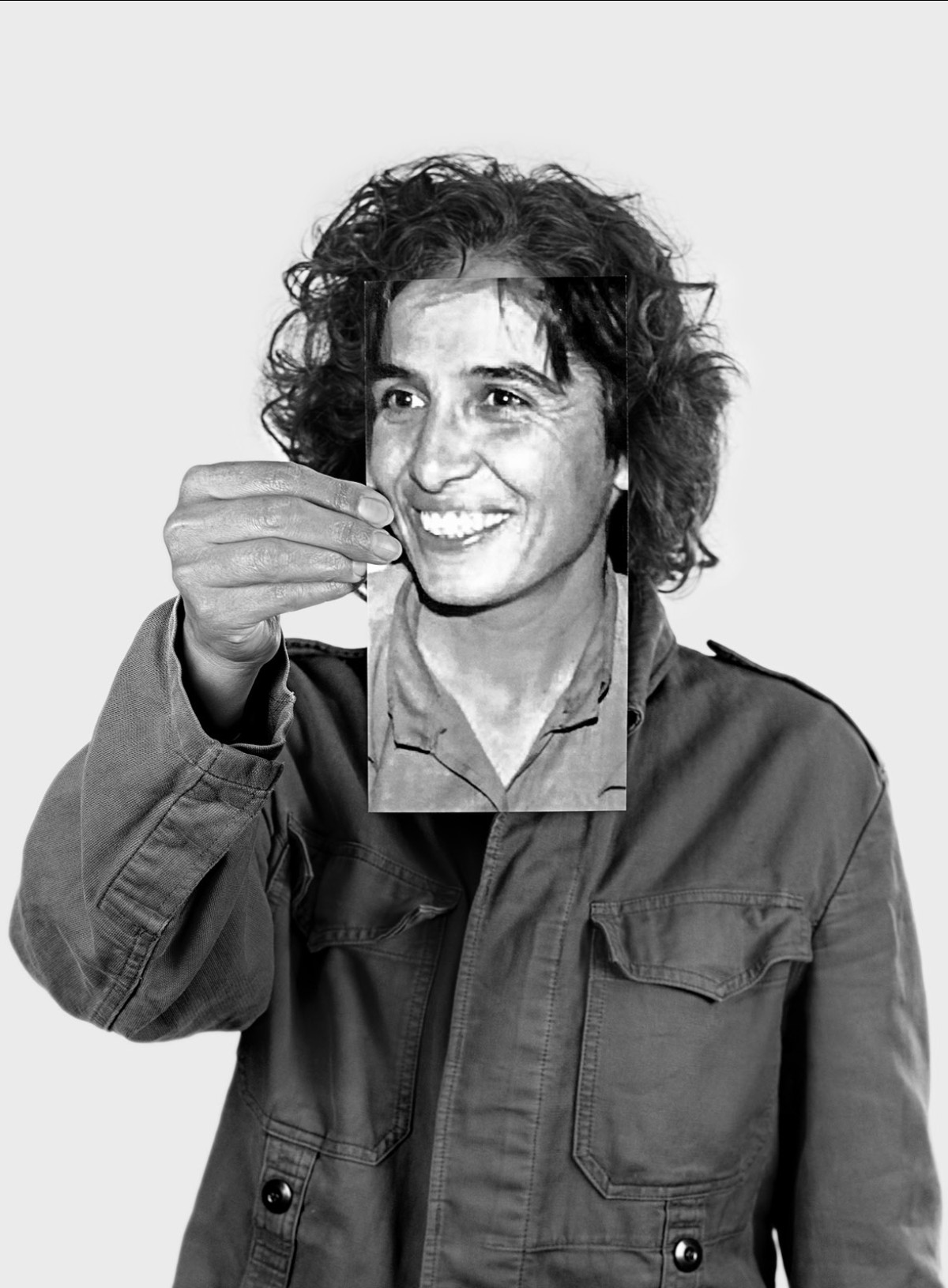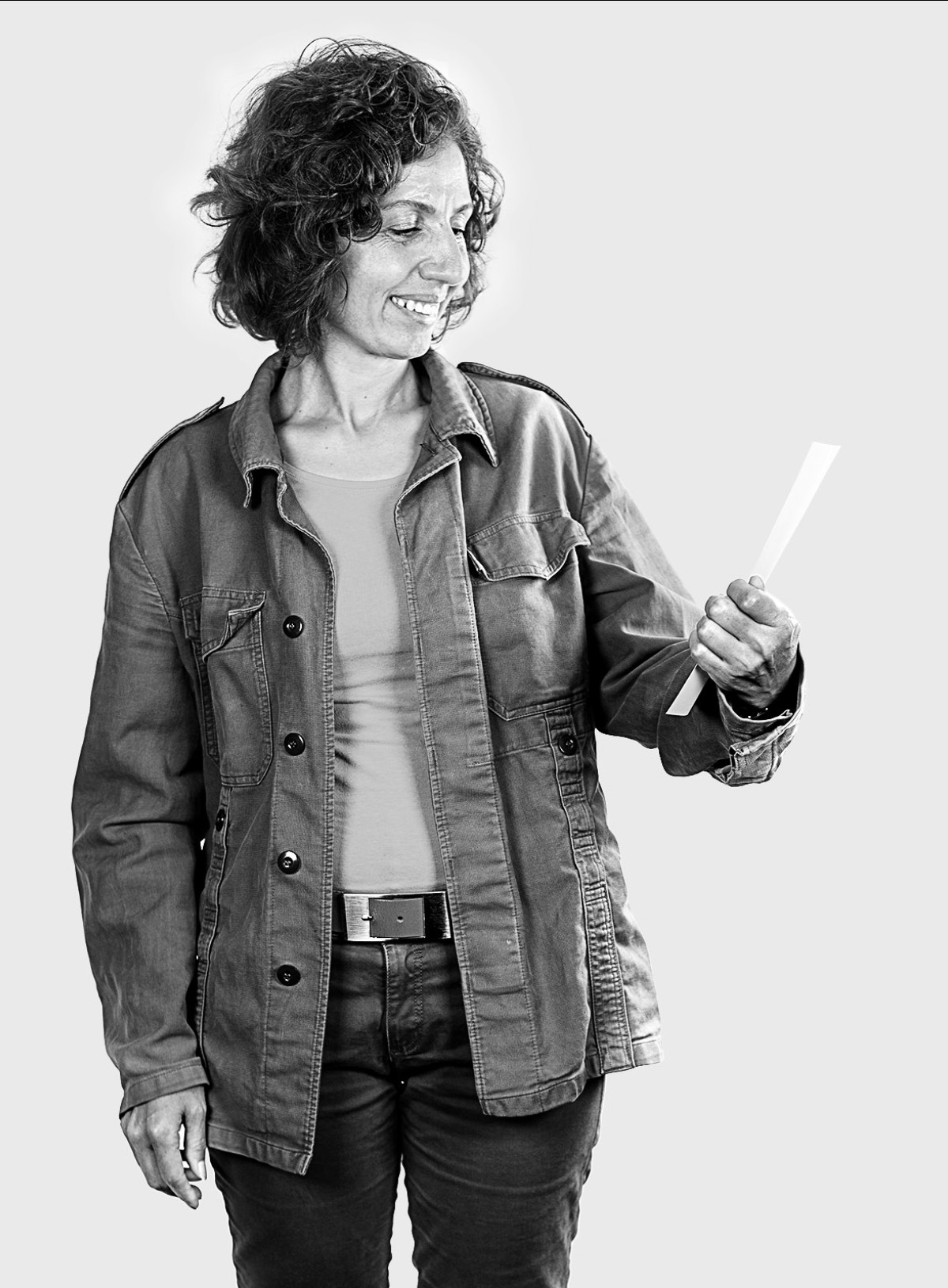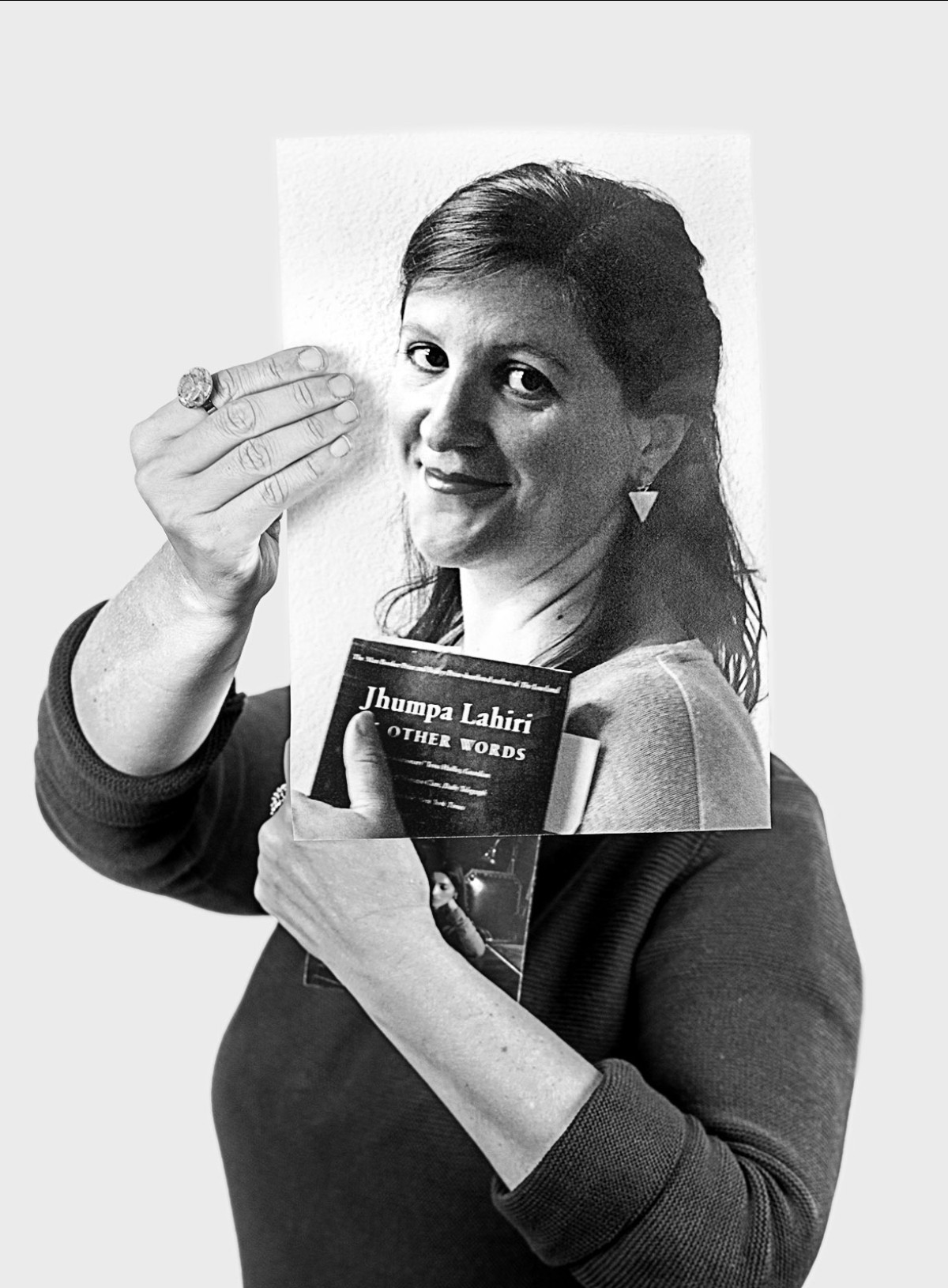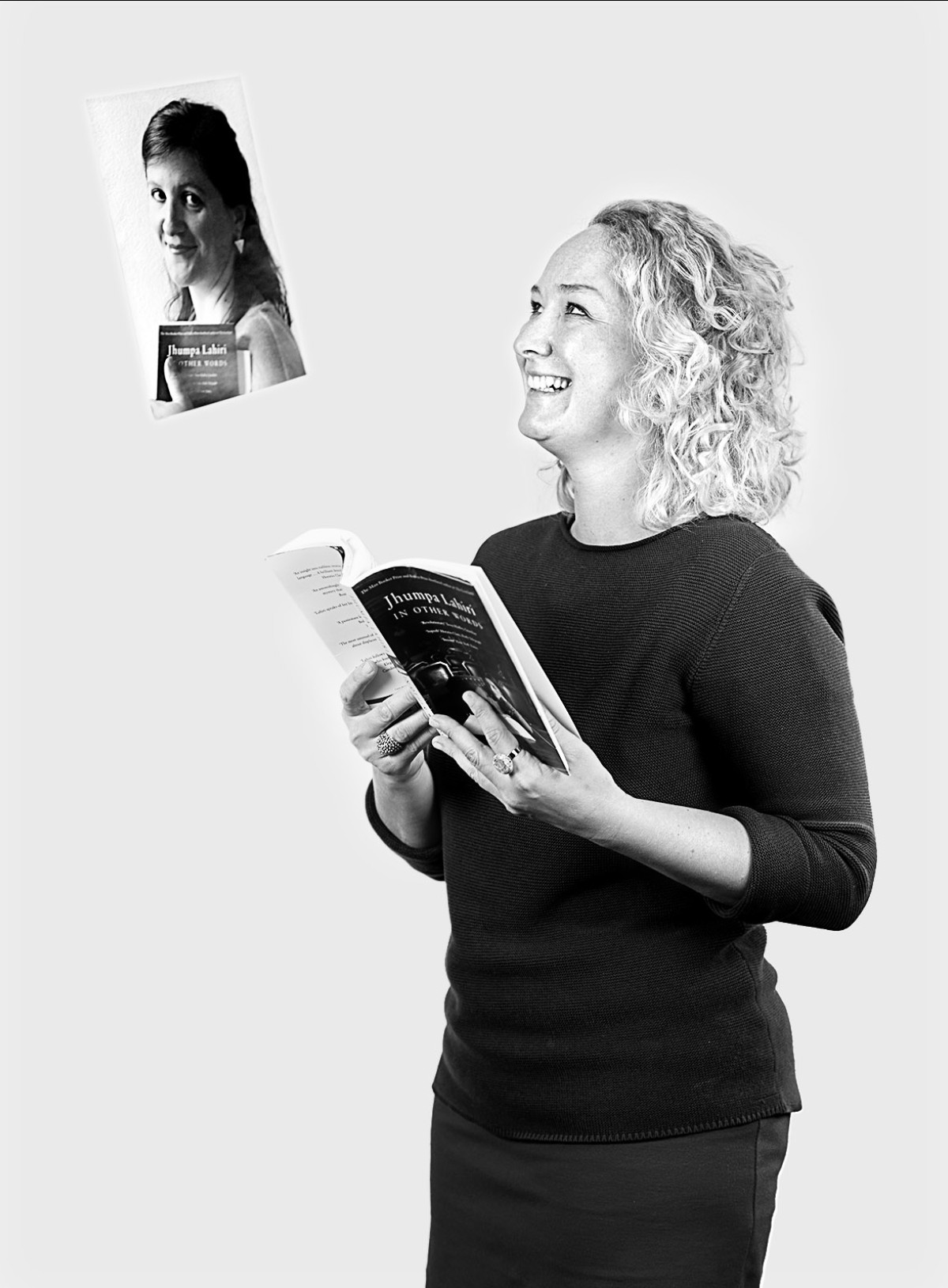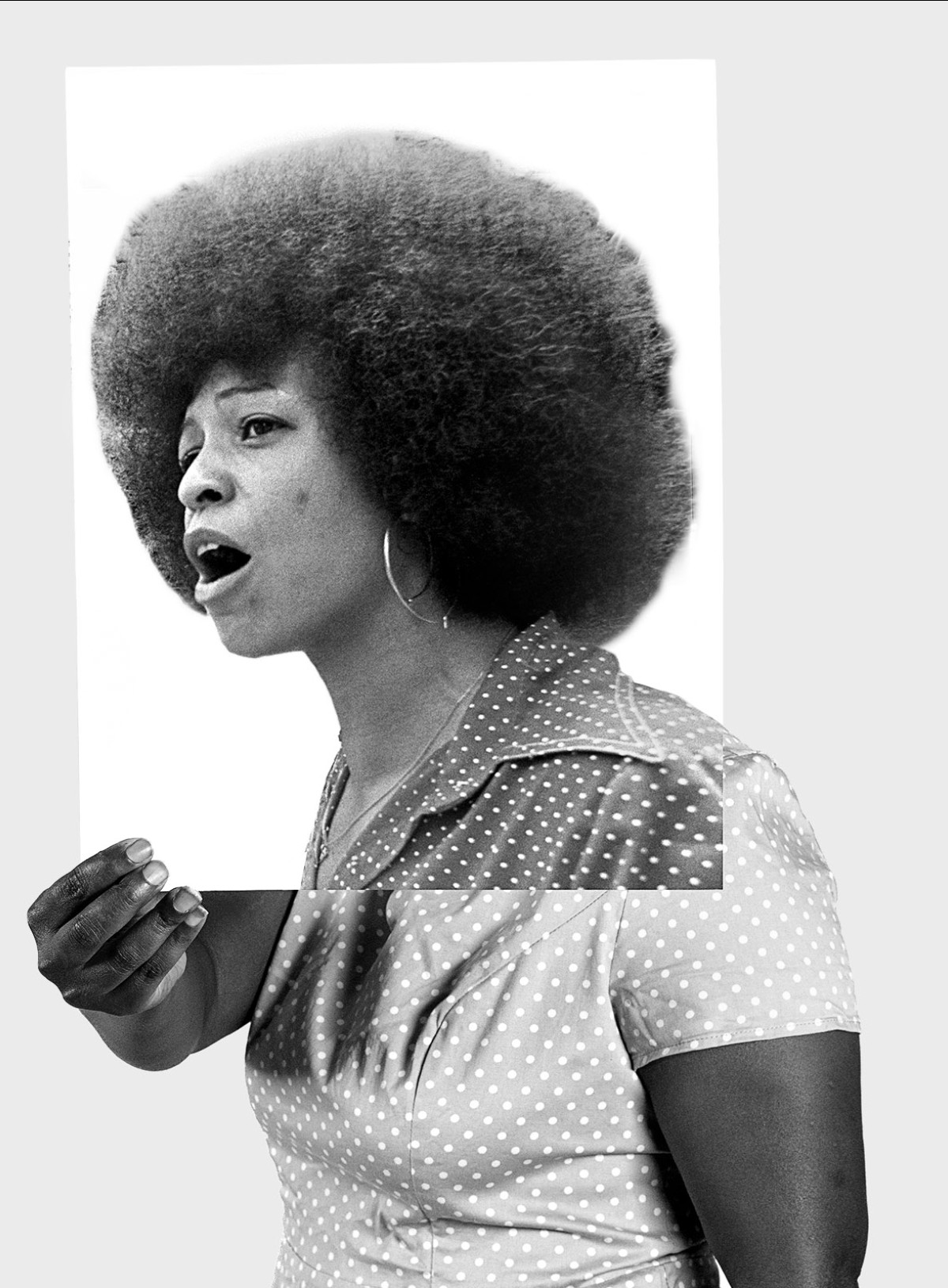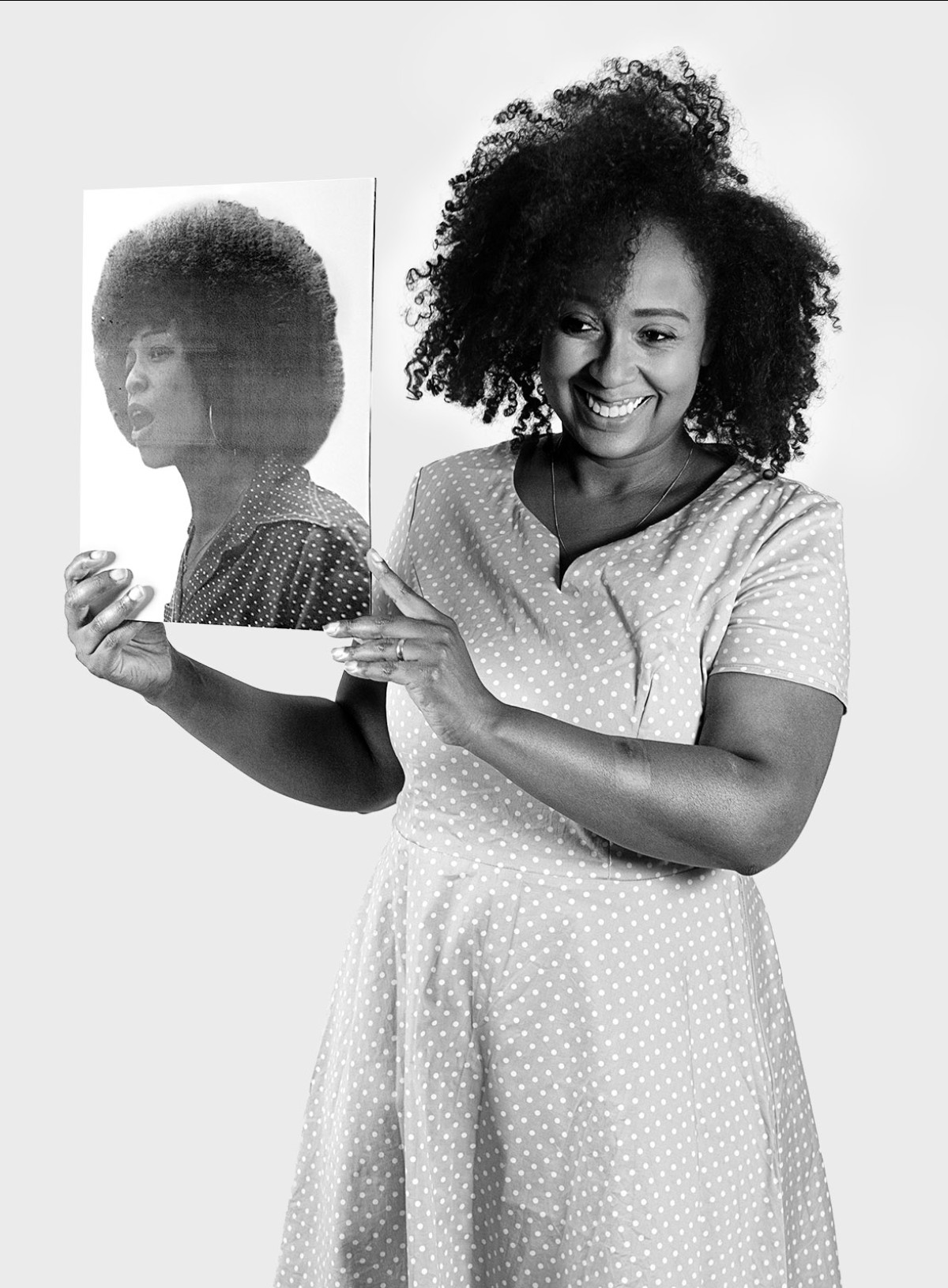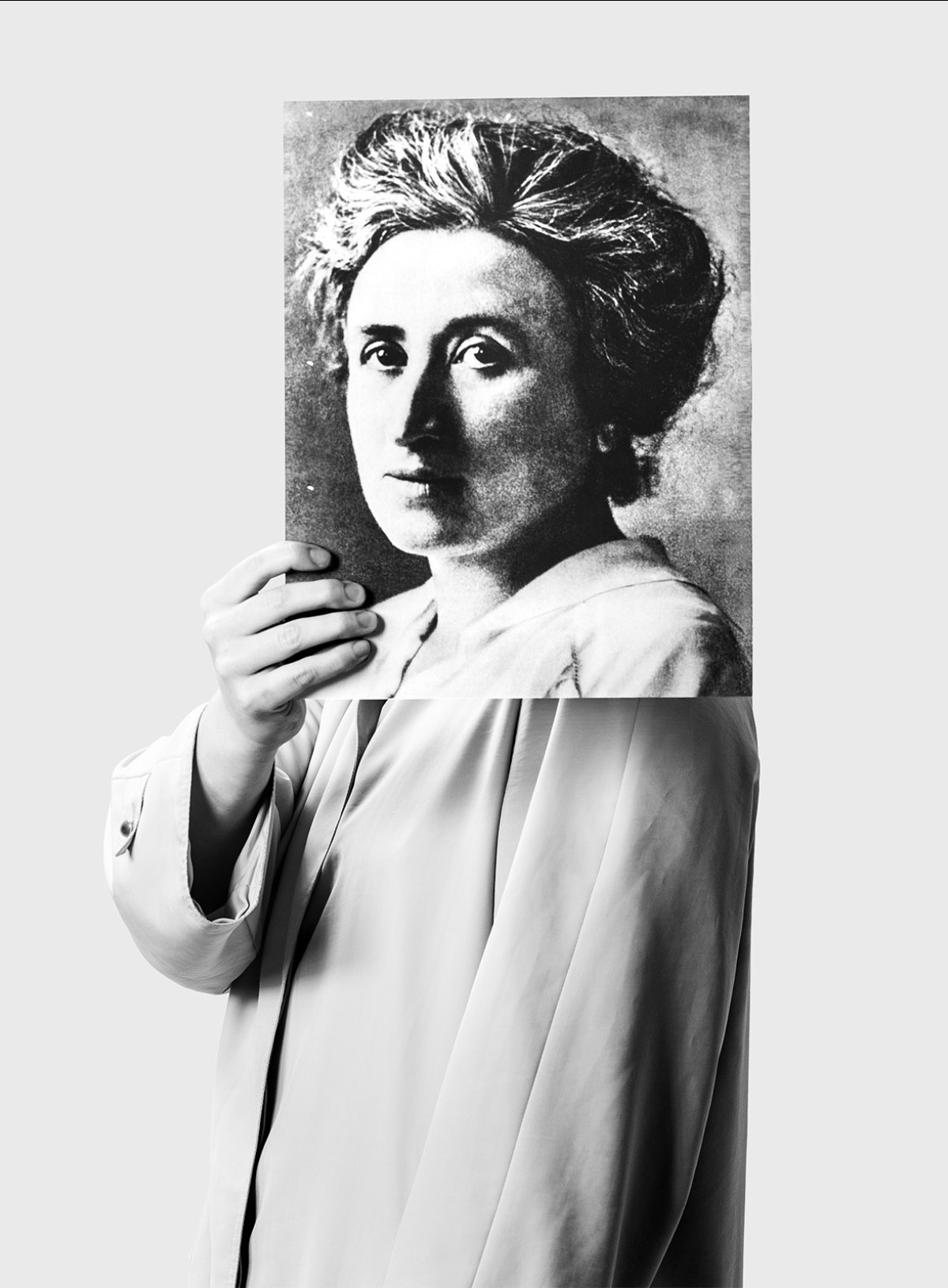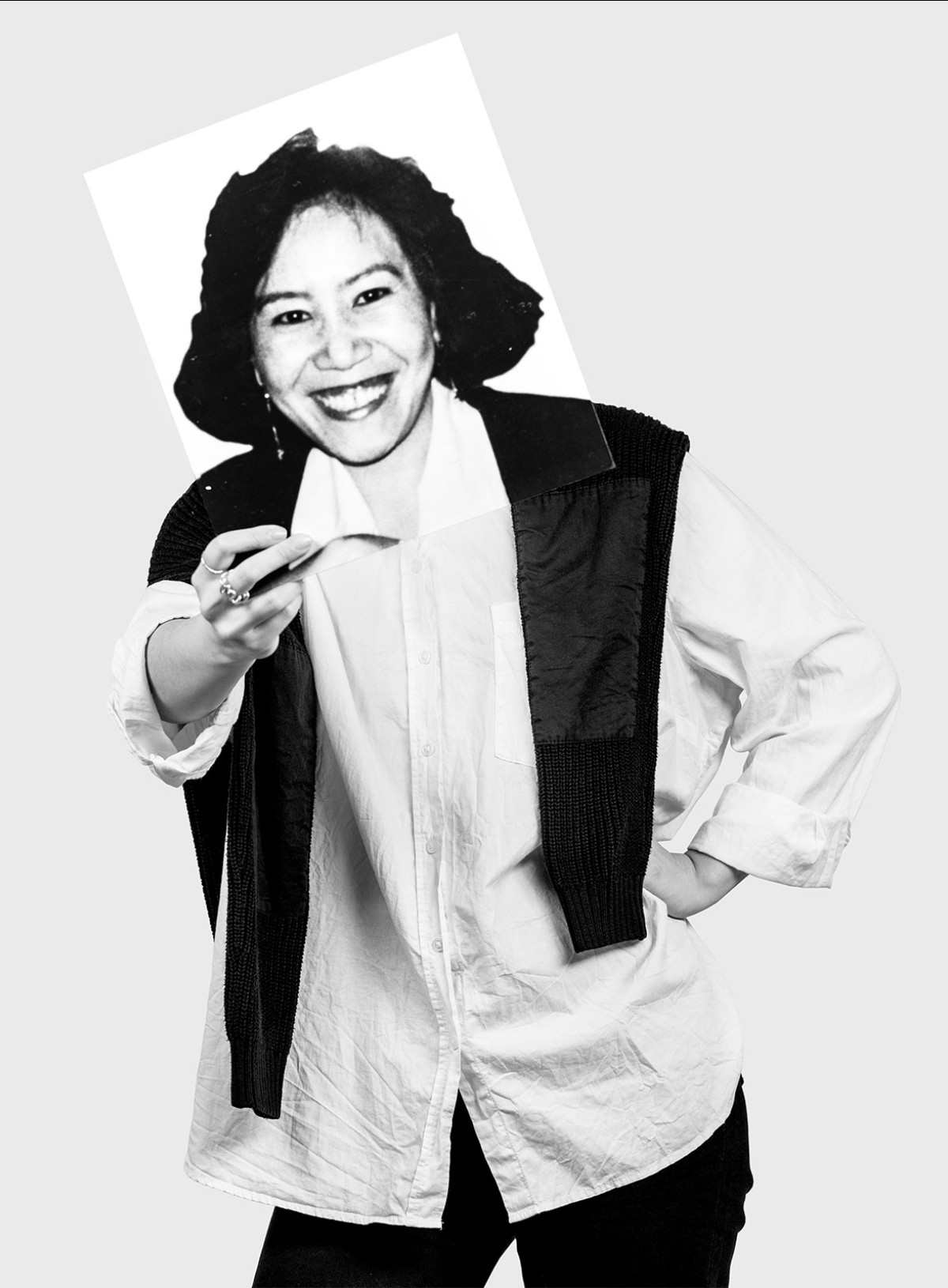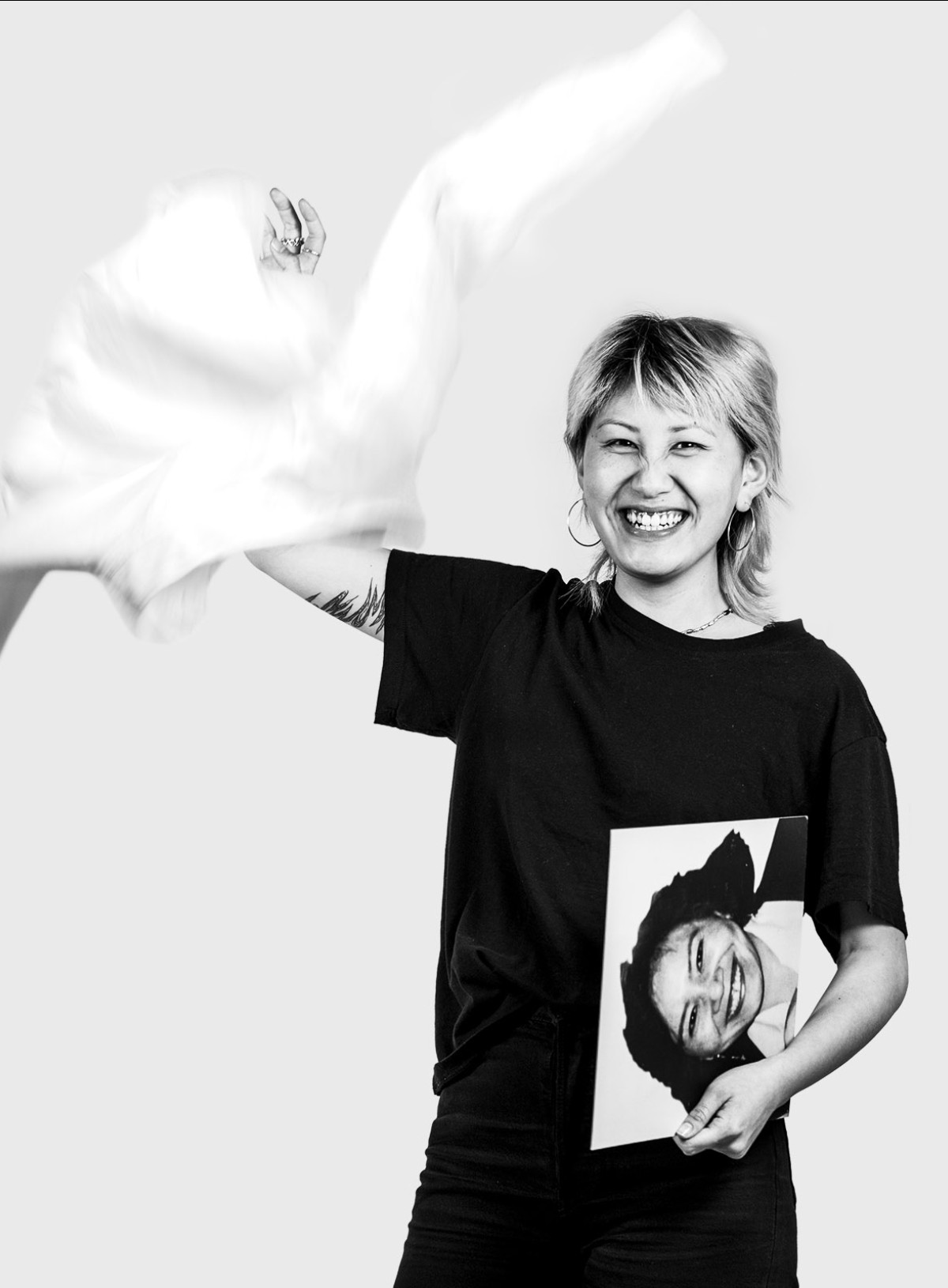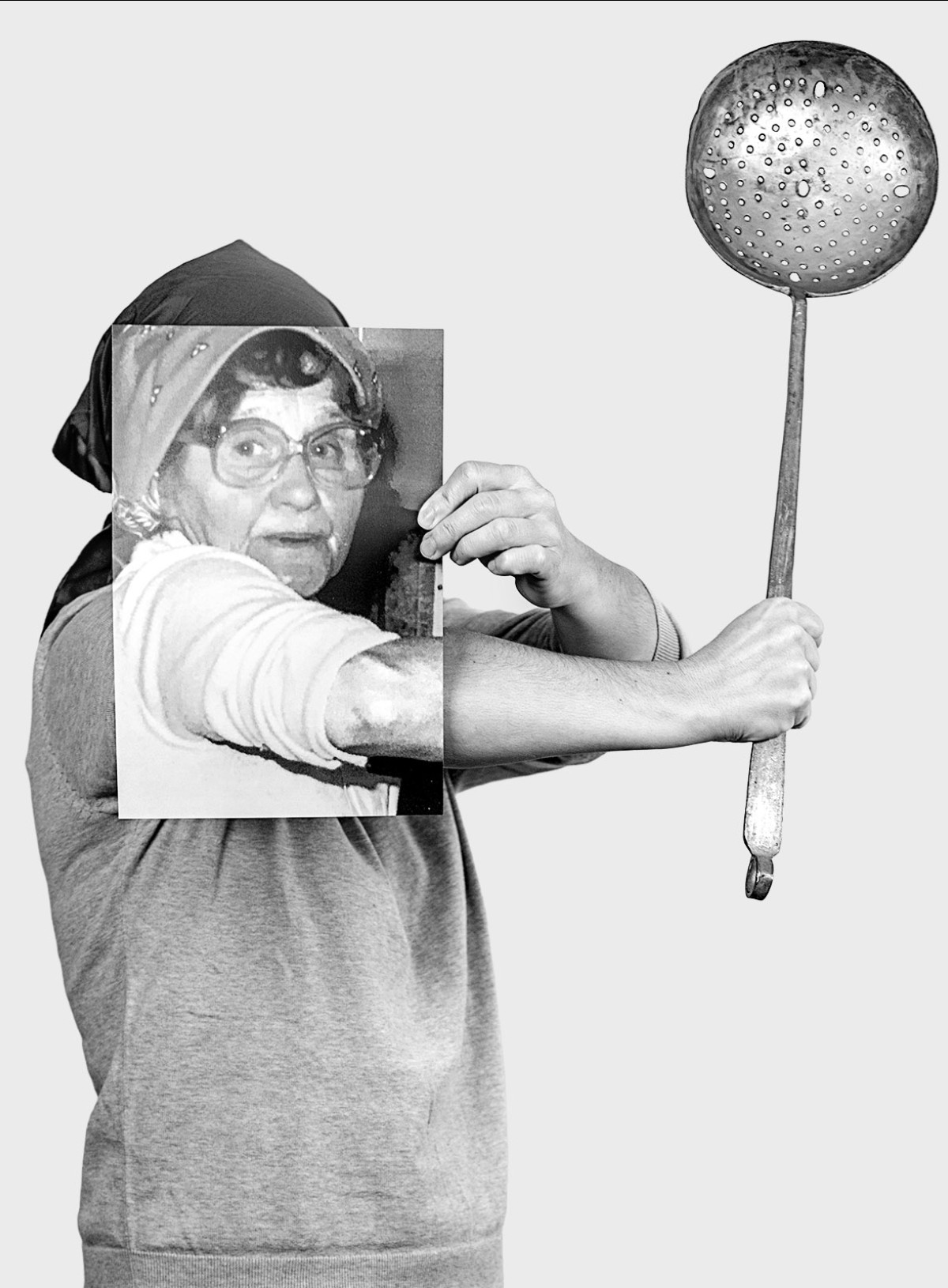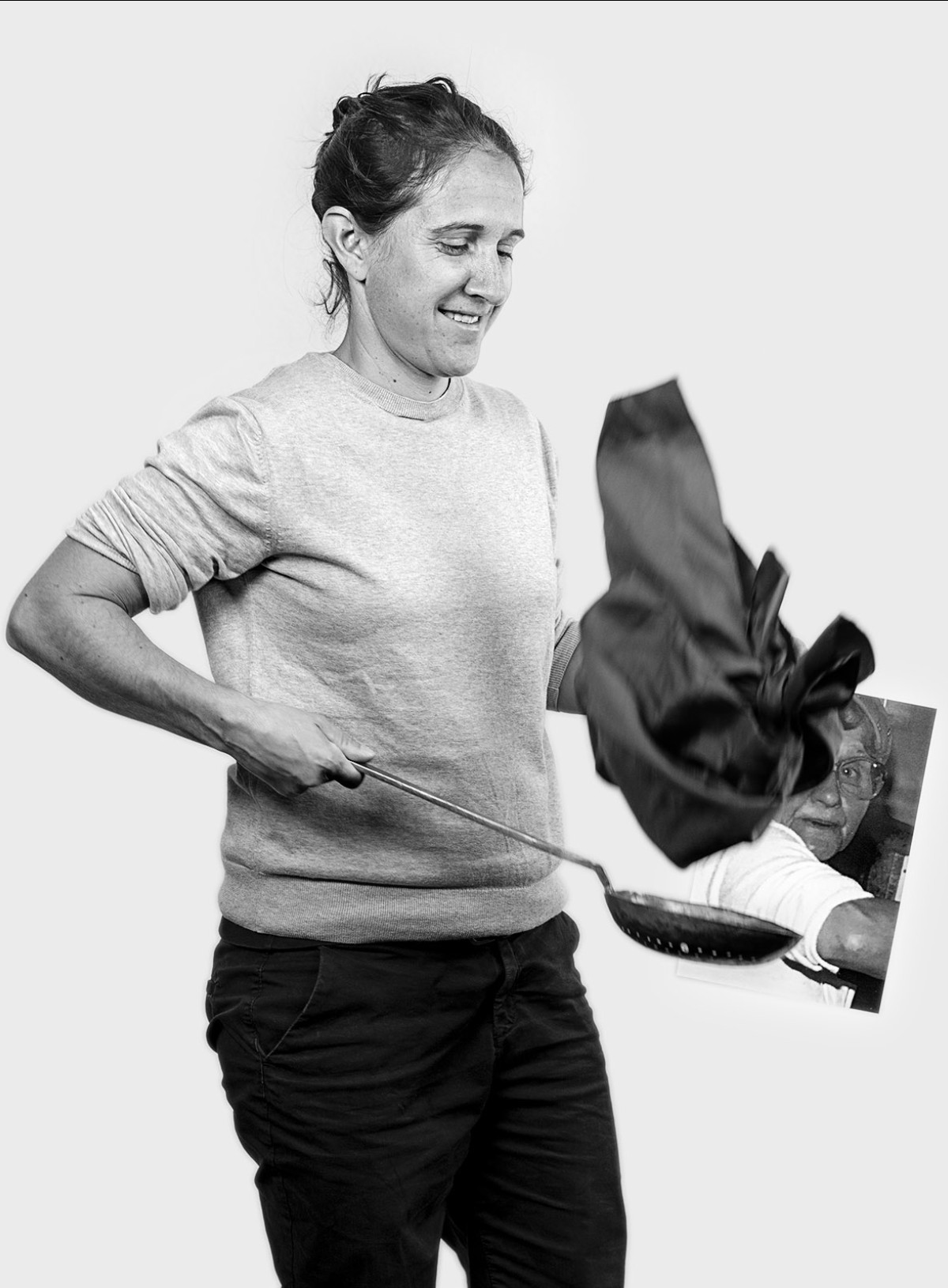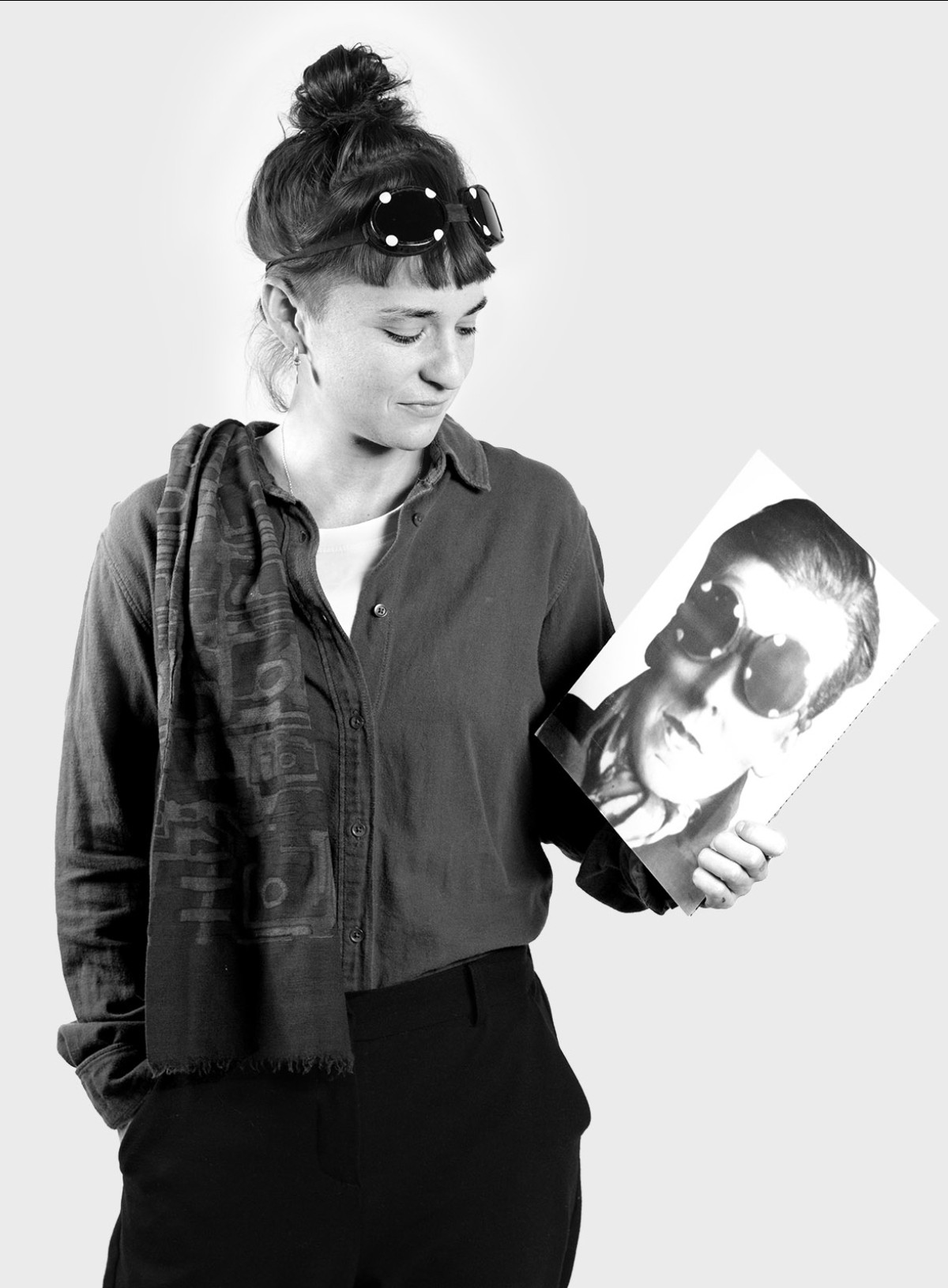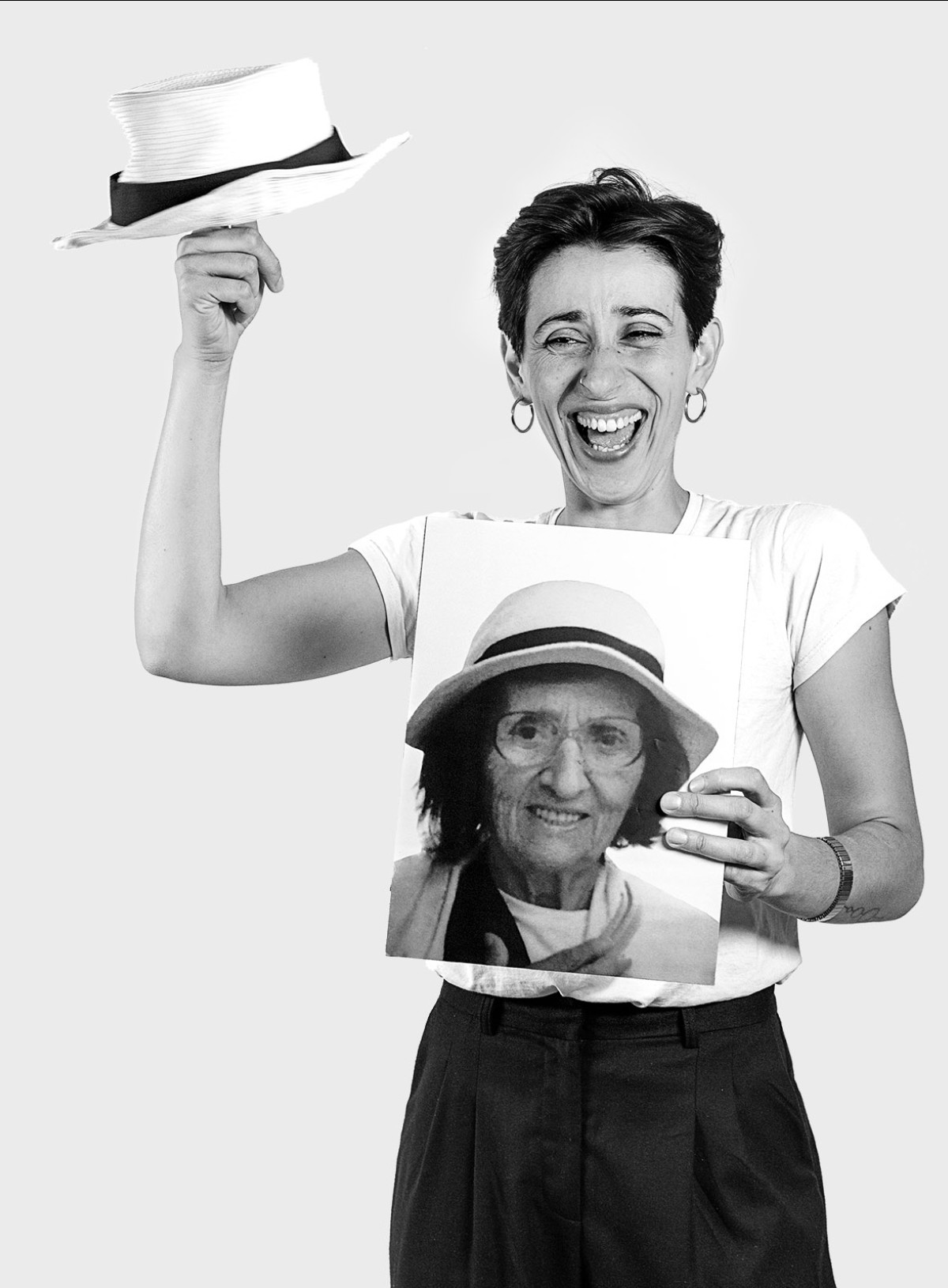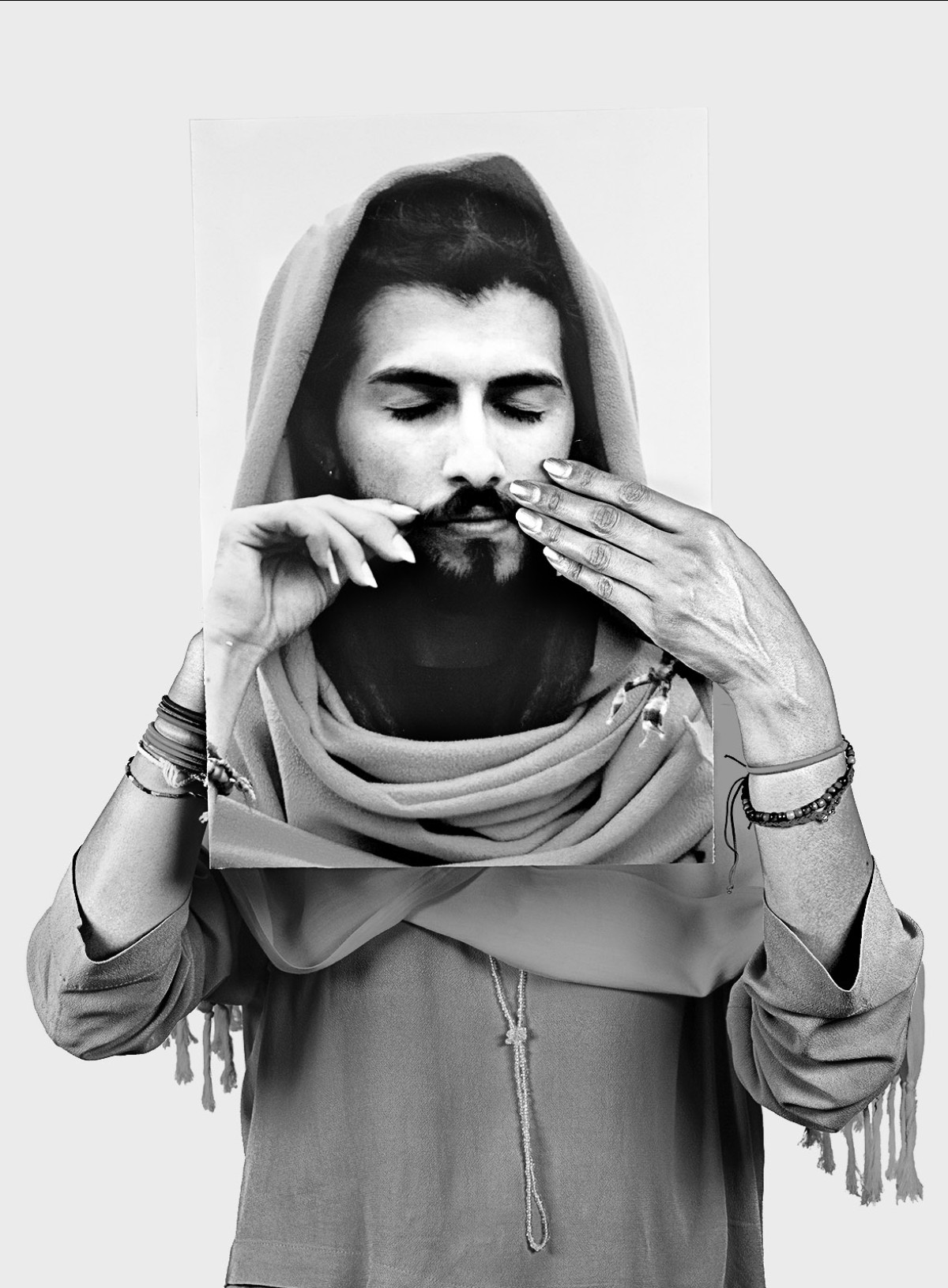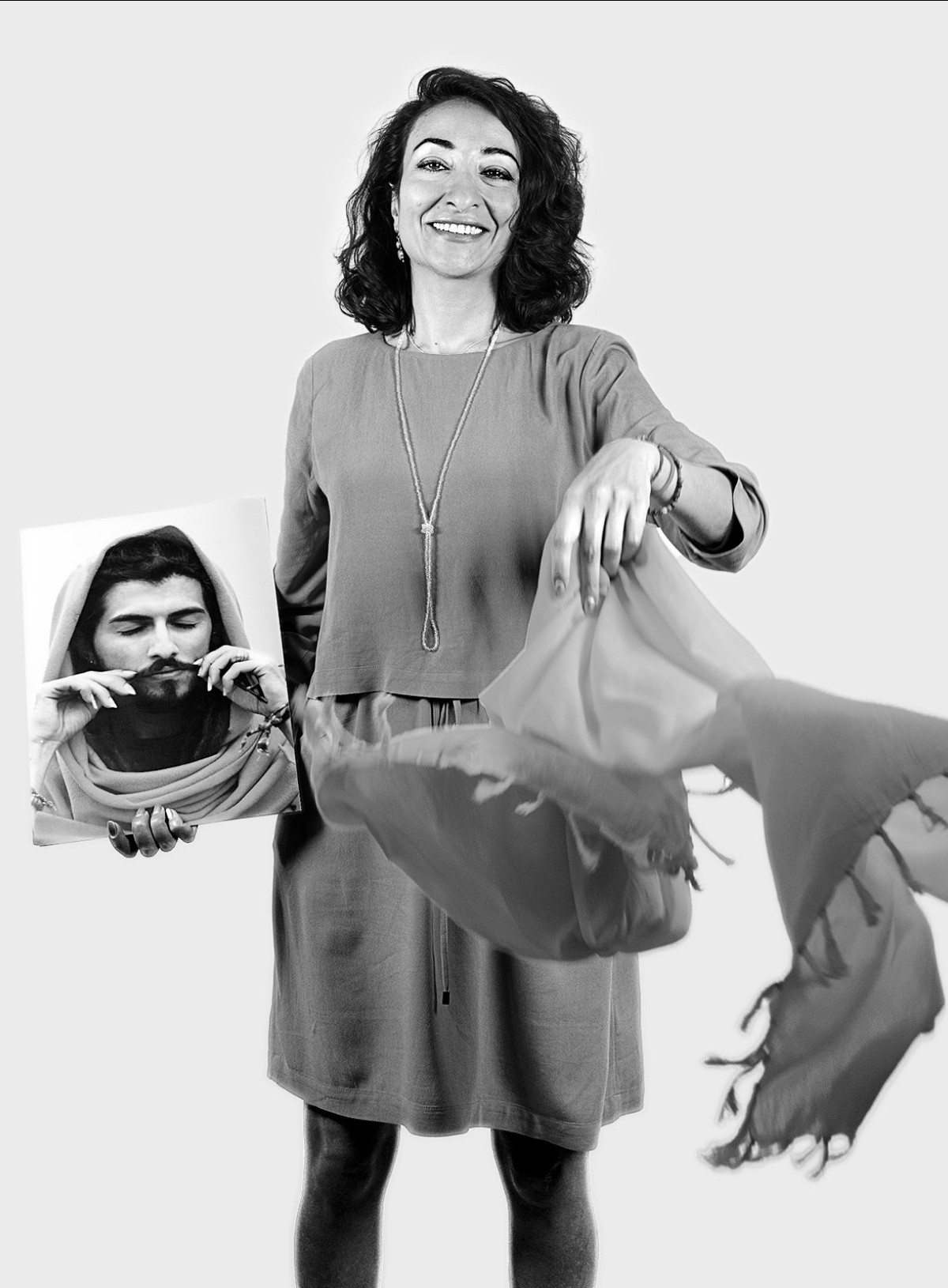Brava mission statement
Vision
Our vision is a just society where all people, regardless of gender, live free of violence and in a self-determined manner.
Mission
Brava combats violence against women and sexism in Switzerland. In so doing, we pay special attention to people in particularly precarious situations, such as women refugees.
We counter injustices by taking various approaches: with education programmes, counselling, political work and awareness-raising work.
Our identity
Brava is feminist.
This means we fight for a society free of coercion and violence, and criticise discriminatory power structures. We see violence against women and sexism as consequences of a lack of equality. That is why we fight for the empowerment of people who are disadvantaged and affected by violence because of gender.
Brava works openly and inclusively.
Combating violence against women is something that we do with, and for, all people who experience gender-based violence. So also with and for trans, inter and non-binary people.
Brava works in an anti-racist and intersectional manner.
This is because people who repeatedly experience discrimination (due to race, dis_ability, gender identity, sexual orientation, social status, age etc.), get left out most often.
Our organisation
Brava is a donation-based non-profit-oriented NGO. We handle the money entrusted to us in a careful and responsible way, so that we, together with our supporters, can achieve as much as possible.
Brava is a modern circular organisation that practises “shared management”. We take on management tasks in the team as a whole and in small groups – with clear responsibilities and processes. We are a learning organisation, constantly in further development.
Brava’s journey
Highlights of the history of our organisation
2021 – Hello Brava!
The organisation launches its new image as Brava. Brava stands for brave and courageous, for empowerment! With our new appearance we can stand as the unique organisation that we have always been, independent from Terre des femmes Germany.
We are successful in finally getting the federal government and the cantons to initiate a national 24-hour hotline for all persons experiencing violence throughout Switzerland.
Our advocacy team is heavily involved in civil societies’ alternative report on the implementation of the Istanbul Convention in Switzerland.
During the campaign of the cfd “16 days against violence against women”, we show the film “The Case You” at the Human Rights Film Festival Zurich.
After many years of committed work against female genital mutilation and as co-founder of the Network against female genital cutting Switzerland, Brava decides to strategically focus on violence against women, sexism and refugee women as overarching issues. In this context, we decide to step back from the operative work of the Network against female genital cutting.
2020 - #StayHome
A crazy first year of Covid-19. The governmental #StayHome-Campaign was accompanied by an information campaign against domestic violence. We are successful in our urging that the campaign should be implemented in various languages.
We increasingly raise awareness about femicides in Switzerland. With the online series “Against violence against women - a feminist view” we share our feminist knowledge and memory.
Our organisation may celebrate! We are one of the winners of the Brückenbauer_innenpreis of NCBI and receive the Ana-Orantes premium of Spanish women in Switzerland.
2019 - Feminist strike 2.0
Several hundred thousand people take to the streets in Switzerland for the feminist strike on 14th June to protest for equal work and equal pay and against sexism and violence. 28 years after the first women’s strike gender equality has still not been achieved in Switzerland.
With the online campaign “Ausgeliefert statt angekommen” TERRE DES FEMMES Switzerland demands protection and justice for refugee women.
It is also an intensive period within the organisation. We opt for an organisation with flat hierarchies in the form of a modern circle organisation with “shared leadership”.
2018 - Solidarity with refugee women
Cheers to the global #MeToo-movement against sexualised violence. With our campaign #RememberRefuShes we also put the spotlight on gaps in the Swiss asylum system that refugee women have to grapple with every day. In addition, TERRE DES FEMMES Switzerland, together with the Kirchliche Kontaktstelle für Flüchtlingsfragen KKF (Church Contact Point for Refugees), is publishing the first guide on the issues of domestic and sexualised violence in the asylum sector. It demonstrates how people working in the asylum system can prevent violence and support the persons affected by violence.
2017 - Institutionalise!
Switzerland ratifies the Istanbul Convention of the Council of Europe on prevention and action against violence against women and domestic violence. We initiate the civil society Network Istanbul Convention with organisations and specialised services from all over Switzerland.
We consolidate our feminist self-image. In the theatre production “Alice” that we develop in cooperation with the Konzert Theater Bern we are exploring the fundamental question of how gender influences self-determination.
2016 - Be outraged!
The SVP politician Andrea Geissbühler claims in an interview that women are complicit in their own violation because they act naively. The outraged answer is quick to come. Under the hashtag #SchweizerAufschrei, women from all over Switzerland talk about their everyday life full of sexism and sexualised violence.
With the establishment of the Network against female cutting Switzerland the many years of advocacy work by TERRE DES FEMMES Switzerland and other organisations pay off.
We open an official advisory service.
2015 - Lack of gender equality in Switzerland
The incidents of New Year’s Eve in Cologne and the related media coverage show how violence against women is instrumentalised and externalised in racist terms.
Irene Santiago, Secretary General of the 1995 NGO Conference, is invited for the eighth “Voix des Femmes” of TERRE DES FEMMES. This time, the topic is the lack of gender equality and gender-based violence in Switzerland.
2014 - A sympathetic ear
Because of increasing demands, TERRE DES FEMMES Switzerland decides to create an easily accessible advisory service for gender-based violence. Apart from giving information, the organisation also offers workshops with refugee women which are conducted with key persons and interpreters. The empowerment workshops become an integral part of our work and are permanently adapted. In addition, the organisation conducts training workshops for professionals. It started with just simple presentations, but turned into a strong possibility of further education.
Since gender equality requires dealing with different gender stereotypes, TERRE DES FEMMES Switzerland is using the World Cup summer and the public viewing of the match between Switzerland and France as an opportunity to discuss different forms of masculinity with the public.
The organisation is doing important ground work and publishes a report on the accommodation of refugee women in collective housing. The report shows that it fosters gender-based discrimination and the needs of women are not sufficiently taken into account.
2013 – Let’s Party!
TERRE DES FEMMES Switzerland celebrates its 10th anniversary with two events at the Kunstmuseum Bern. At both events, a guided tour of the exhibition “Das schwache Geschlecht - Neue Mannsbilder in der Kunst” (the weak gender - new images of men in art) is co-organised by TERRE DES FEMMES Switzerland. Additionally, various workshops on the issue of gender roles are held. The exhibition deals with the topical issue of how masculinity is staged in contemporary art.
TERRE DES FEMMES Switzerland concludes the inventory of existing measures against female genital mutilation in Switzerland.
2012 - Together against forced marriage
One step in the right direction: Parliament approves the federal law against forced marriage. At the same time, a national study on this issue is published. The Federal Council decides on a programme to combat the new offence for the period of 2013 to 2018. TERRE DES FEMMES Switzerland takes on the coordination of pilot projects and turns the website “zwangsheirat.ch” into a platform for information and networking.
The association is also still active on the issue of sexism and launches the 4-year-campaign “Rollen rollen” against gender stereotypes.
2011 - A lot remains to be done
One year with two anniversaries in the name of gender justice: 40 years of women’s suffrage and 30 years of the article on equality. The matters Jörg Kachelmann and Dominic Strauss-Kahn show, however, that patriarchal structures are still predominant.
A study conducted by TERRE DES FEMMES Switzerland, for which 32 asylum procedures of female applicants were examined, shows that women-specific grounds for asylum are still insufficiently taken into account in the Swiss asylum procedure.
2010 - Awareness raising indispensable
The debate around the burqa shows that the issue of sexism is still present in Switzerland. TERRE DES FEMMES Switzerland is against a prohibition and demands instead a well-founded debate on sexism rooted in society that goes beyond instrumentalised symbolism. In December, the National Council decides on a national prohibition of female genital mutilation. TERRE DES FEMMES Switzerland welcomes this decision, but also stresses the need of prevention and awareness-raising.
The first edition of “Voix de Femmes” takes place with Edna Adan, the activist from Somaliland. This series of events will be continued until 2017.
2009 - Consolidation
At the beginning of the year, TERRE DES FEMMES is in financial difficulties and it is not clear if and how the organisation can continue its work in Switzerland. Thanks to a generous donation this phase of insecurity can be overcome.
In February, the awareness-raising campaign “Reality Check” against sexism in advertising kicks off. In the debate around the initiative against minarets TERRE DES FEMMES takes a stand against the instrumentalisation of women who allegedly are threatened by islamification.
With the campaign “Schnitt ins Leben. Weibliche Genitalverstümmelung - auch in der Schweiz” (Cut into life. Female genital mutilation also in Switzerland.) the organisation is fighting against female genital mutilation.
2008 - Media coverage against trafficking of women
Two events to the main issue of trafficking of women take place. In March, TERRE DES FEMMES Switzerland organises a conference for professionals in Berne. In the summer, the organisation co-launches the campaign “Euro08 against trafficking of women” during the football championship Euro08. Despite a lack of funding, the exhibition “FGM - auch in der Schweiz” can be put into place. From 25 November to 10 December, TERRE DES FEMMES Switzerland is participating for the first time in the campaign “16 days against violence against women”, which is organised by the feminist peace organisation cfd.
2007 - Consolidation
Four years after its establishment, TERRE DES FEMMES Switzerland is consolidating as an organisation and creates its own areas of expertise on the issues of public space, female genital mutilation and forced marriage. The association publishes a coursebook and teaching material on the issue of forced marriage. At the same time, TERRE DES FEMMES Switzerland is struggling for financial stability. The aim is to offer employees a fair and appropriate salary.
2006 - Headwinds
A socio-politically turbulent year. The adoption of the new Foreign Nationals Act and the revision of the Asylum Act turn Switzerland into the European country with one of the most restrictive legislations. Women, in particular non-documented women, are heavily affected by this development. TERRE DES FEMMES Switzerland is involved in the referendum campaign against both proposals.
2005 – Cooperation in the name of prevention
In March, the development of a prevention brochure against female genital mutilation is launched, in cooperation with the Ministry of Health. It gives migrants information on the dangers of genital mutilation and the legal situation in Switzerland.
2004 - Small, but effective!
TERRE DES FEMMES Switzerland launches a campaign against violence in the name of honour. The touring exhibition “Tatmotiv Ehre” (motive honour) is one part of it. It will be shown over the next two years in various cities across Switzerland. The association implements an emergency fund for refugee women. About ten women are supported in their asylum procedure on grounds of female genital mutilation or violence in the name of honour. They receive legal support. At the same time, TERRE DES FEMMES Switzerland is starting to become active against female genital mutilation.
2003 - Founding of the association
TERRE DES FEMMES Switzerland is officially founded as an association in Berne on 25 November, the International Day against Violence against Women. By a cooperation agreement, the association is linked to the German association TERRE DES FEMMES, which was founded in 1981. The members of the disbanded Organisation für die Frau (OFRA, organisation for women) are integrated into TERRE DES FEMMES Switzerland. Apart from sexism and violence in the name of honour, the focus is put on the issues of forced marriage and female genital mutilation (FGM/C).
2002 - An idea is taking shape
The project TERRE DES FEMMES Switzerland is institutionalised through the foundation of a simple society. The five founding women want to open an office in Berne. The first priorities are the issue of sexism, a touring exhibition on violence in the name of honour and individual support for refugee women.
